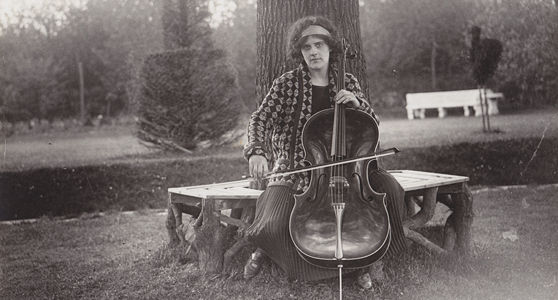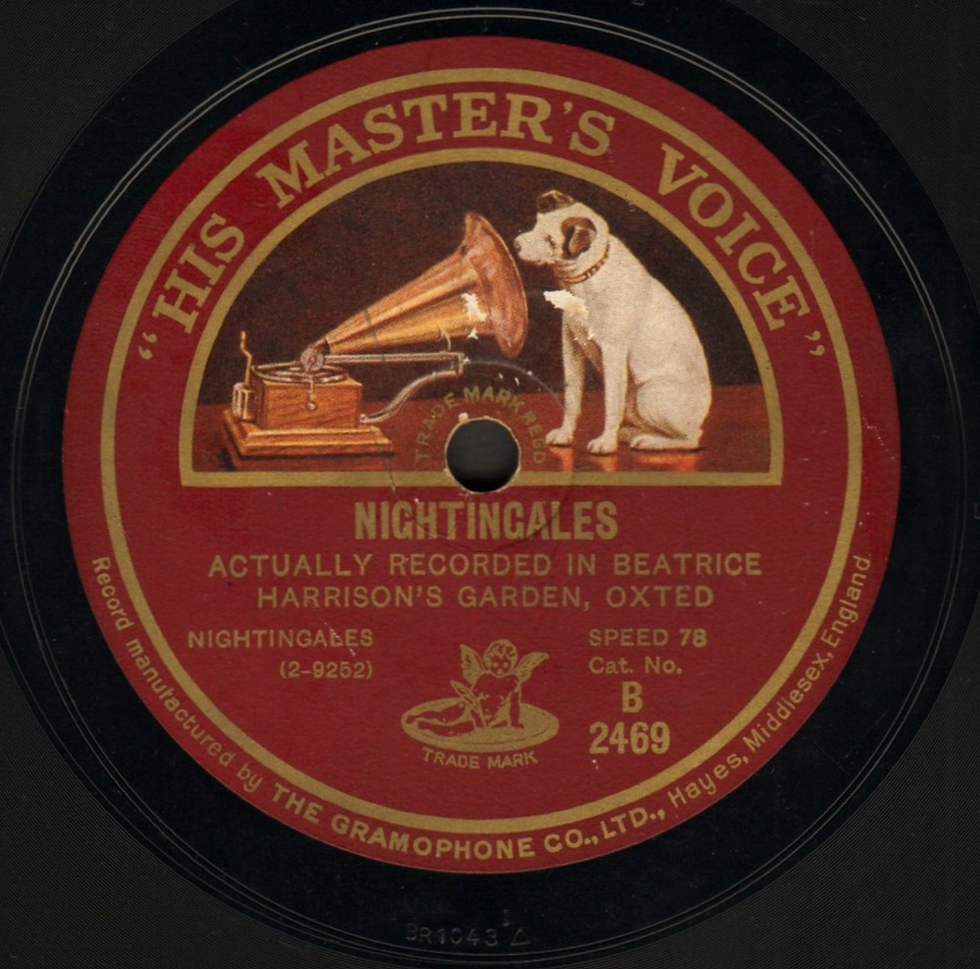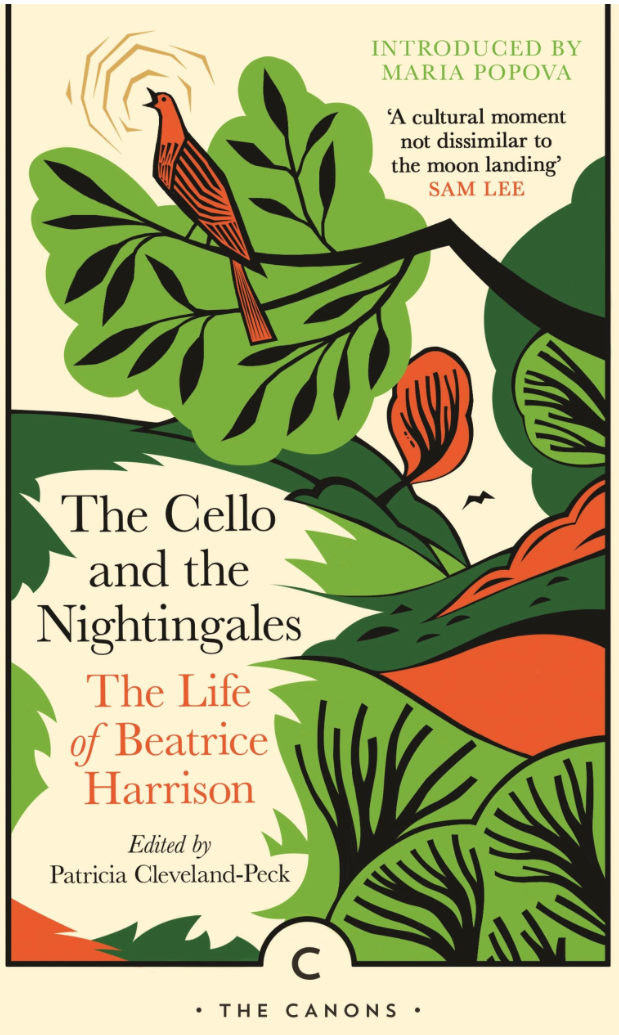The Tale of The Cellist and The Nightingales
- sarahmeekmusic

- Jul 20, 2025
- 2 min read
Sarah Meek
Beatrice Harrison (1892-1965): The cello and the Nightingales
Beatrice Harrison was born into a life of privilege and music. Her mother, a singer and pianist, filled their home with music, and her father, an army officer, made the bold and unusual decision for the time to leave his military post to support the musical careers of Beatrice and her sisters.
She became a renowned cellist, becoming the favoured player for Elgar's Cello Concerto, and inspiring composers such as Delius, who became a lifelong friend. Her international performances gained her a solid place in the classical music world. Yet, it was an unexpected duet in the English countryside that would define her legacy.
A duet like no other
One fateful night, Beatrice took her cello into the wooded area of her countryside home to practise, and what she would discover would change the world of music. She drew her bow and, on playing, noticed something remarkable; intricate rhythmic phrasing and the contours of her melodies, repeated back by the nightingales. A musical dialogue had begun.

A Historic moment for broadcasting
In 1924, she invited the BBC to record the first-ever live outdoor broadcast, a duet of the Cello and the Nightingales. The BBC was skeptical and brought an ornithologist prepared to mimic the birds in case they failed to appear. However, the nightingales did not disappoint. The broadcast was a sensation, highly successful, and became an annual event. Music and nature were broadcast live to a nation between the two world wars, offering solace and beauty.

A Life of Generosity and Innovation
As well as a world-class musician, Beatrice was a passionate sharer of beauty. She performed not only in prestigious halls but also for working-class clubs and soldiers on the front lines. While touring America, she once shared her home address with nature lovers. She was surprised when dozens of visitors arrived, much to her family's shock, who scrambled to serve tea and sandwiches.
She even hosted an open-air festival in her garden, inviting communities from Surrey and North London to witness the nightingales' song.
In an era when birdwatchers caged nightingales to capture their song, Beatrice did the opposite. She let their voices soar freely, reaching thousands of listeners. Using her legacy as a performer, she became a visionary, connecting people to nature through music.
Today
Today, nightingale populations have significantly declined. The effects of climate change increasingly threaten biodiversity. Beatrice's legacy emphasises music as a universal language and a powerful tool for connection. Whether human, animal, river, or wind, we all have a voice. We can all learn a valuable lesson from Beatrice: to listen to our surroundings.
References/Resources
Cleveland- Peck, P/Harrison (2024/1985) 'The Cello and The Nightingales, The Life of Beatrice Harrison' The Canons 2024 Edition

BBC. (n.d.). 'Beatrice Harrison, Cello and Nightingale duet' History of the BBC. Available at: https://www.bbc.com/historyofthebbc/anniversaries/may/cello-and-nightingale-duet (Accessed: 20 July 2025).
Baird, I, A. (2015) 'Capturing the Song of The nightingale' Science Museum Group Journal Available at: https://dx.doi.org/10.15180/150402
Harrison, B. (1927) 'Nightingales' His Master's Voice. The Gramophone Co., ltd., Internet Archives Available at: https://archive.org/details/2-beatrice-harrison-garden-dawn-hmv-b-2469/1+Beatrice+Harrison+Garden+-+Nightingales+HMV+B+2469.flac (Accessed 20th July, 2025)



Comments